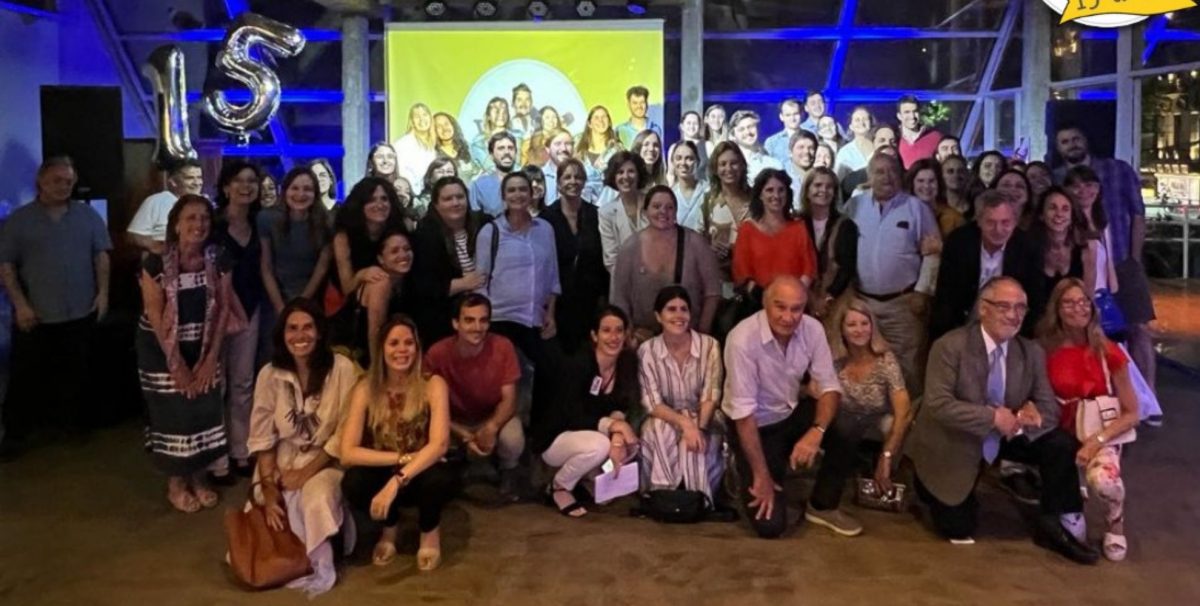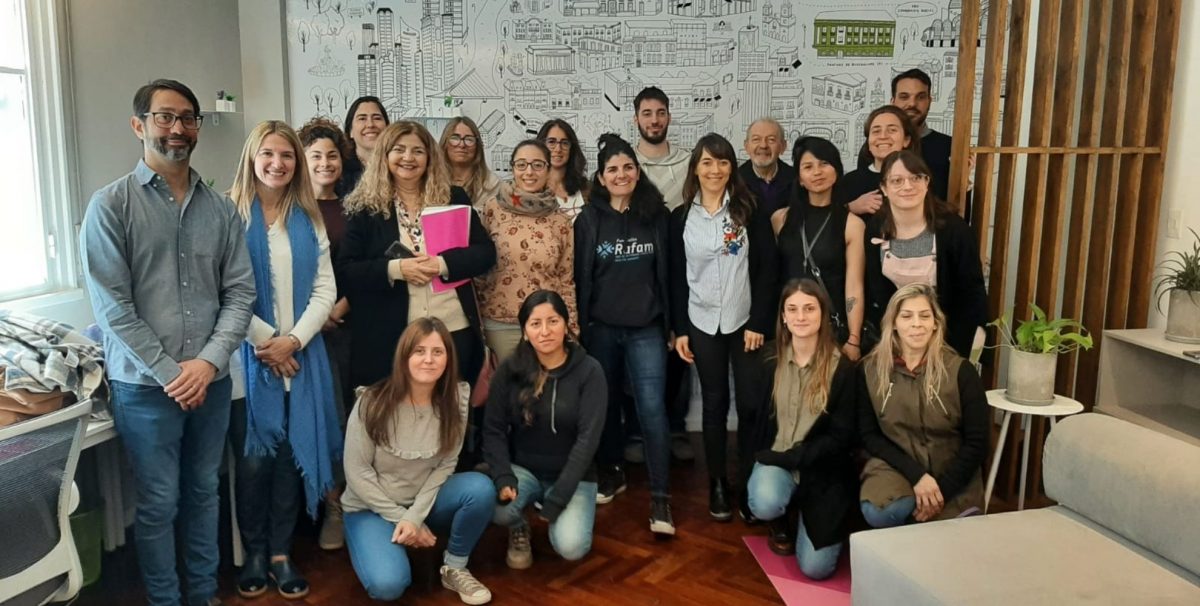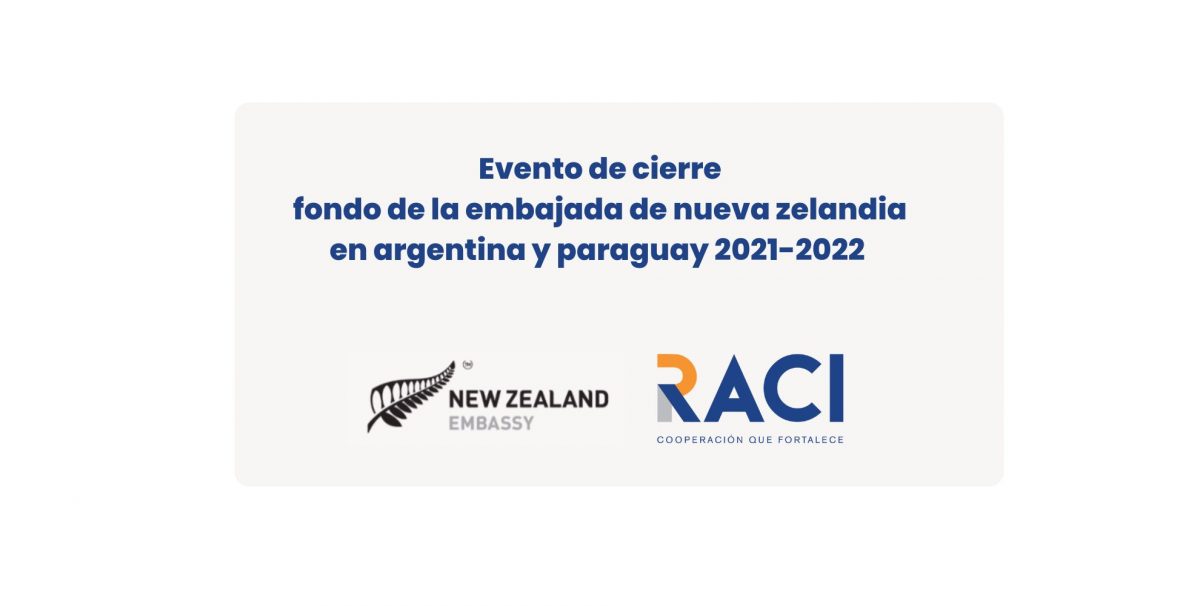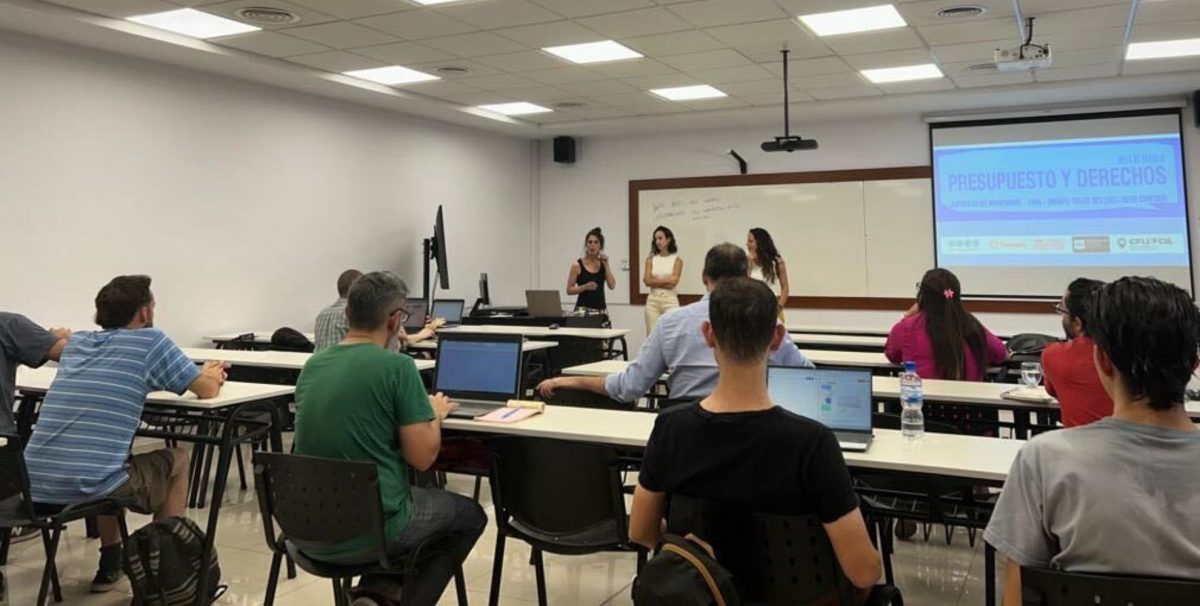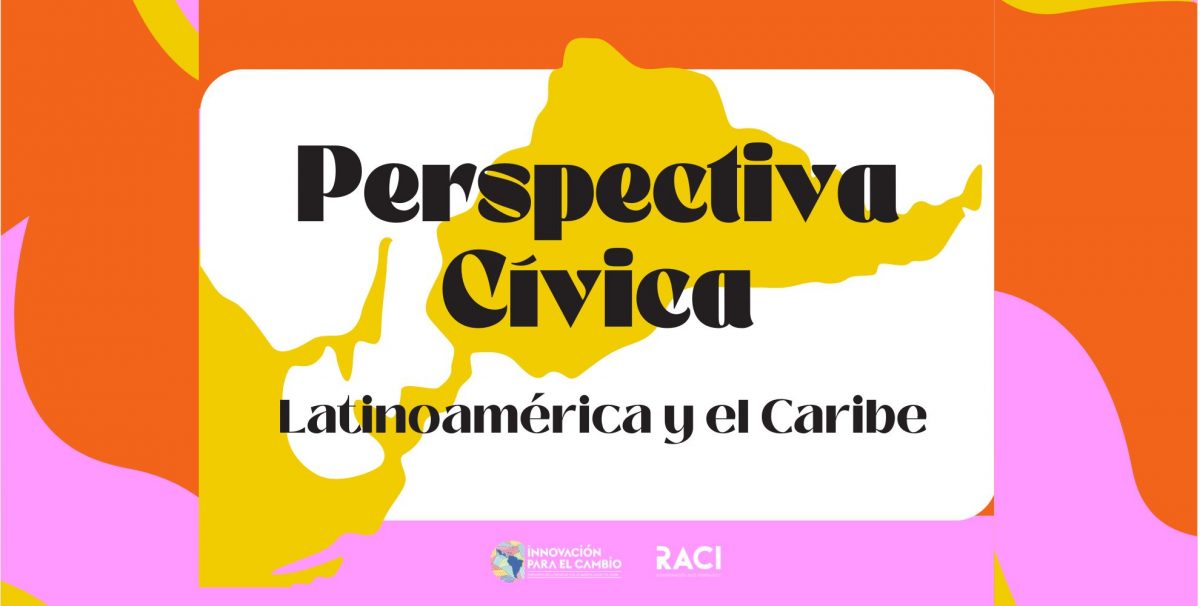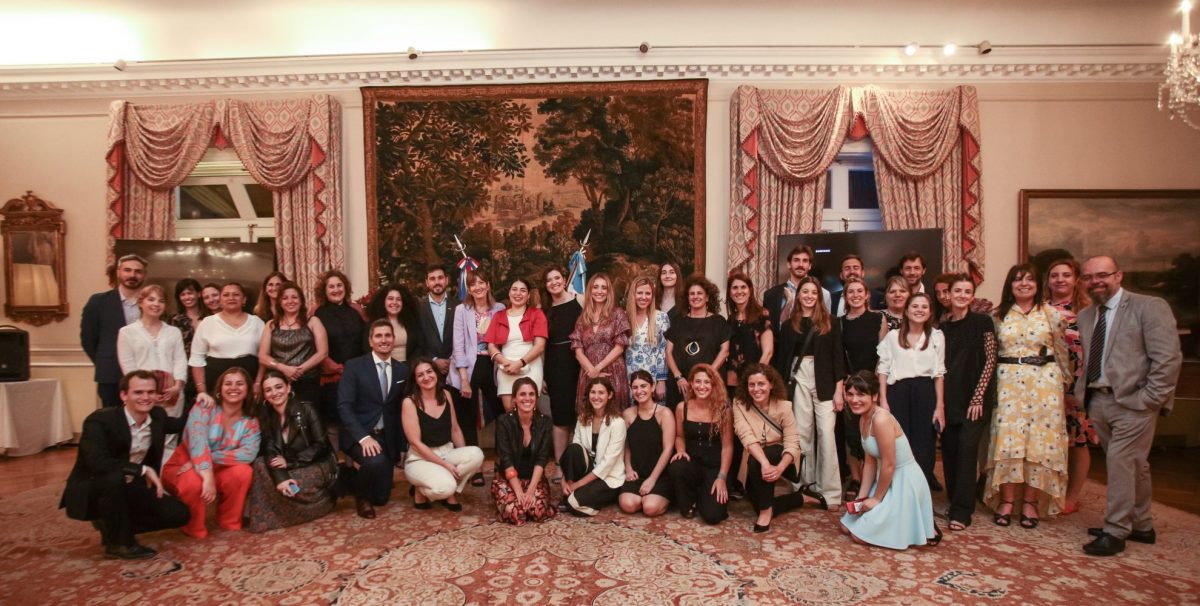Do you know the organization Voy con vos? Its mission is to promote education in rural areas through its visibility and the design and implementation of programs that approach the challenges in a comprehensive manner and together with the educational community. The objective is to make access to quality education at all levels a reality in rural areas of Argentina, the latter is part of their vision.
Since 2007, they have been working so that children and adolescents from rural areas of Chaco can have access to quality education. In this direction, they develop their programs in the area of Tres Isletas and, as of 2018, their impact area was extended to El Impenetrable. They believe that education is the tool for social mobility par excellence and that those who have access to this fundamental right have the opportunity to project themselves, make decisions with greater freedom and decide their future. No matter where you were born, you should be able to exercise your right to a quality education.
Dispersed populations suffer from the absence of basic services, among which is an inclusive, quality, close and affordable education for low-income families living there. In this sense, the commitment of Voy con vos, with the rural communities of Chaco, arises from observing the existing difficulties regarding access to education and the quality of their learning. The great distances and the lack of resources make that, in comparison with urban centers, the rates of non-attendance are higher and those of effective graduation lower.
They were pleased to invite us, on Tuesday November 15, to celebrate their fifteen years of work with schools and rural communities in Chaco. RACI was present and it was a pleasure for us to participate in this special day for the association.
Its commitment to the rural communities of Chaco arises from observing the difficulties that exist in terms of access to education and the quality of their learning. The great distances and lack of resources mean that, compared to urban centers, the rates of non-attendance are higher and those of effective graduation lower.
Voy con Vos invites the entire educational community to work together through programs that focus on the education students receive at school, and on the accompaniment of families as key actors. They believe that education is a right and that the future of children in rural areas cannot wait, which is why they carry out two programs:
- Making school, which aims to improve learning, promotion and permanence of children in school.
- Scholarship program, which aims to guarantee access to secondary school for adolescents from rural areas.
The program seeks to contribute to the educational quality of schools, with the objective of improving learning, promotion and permanence of boys and girls in school. To achieve this, Voy con Vos provides schools with human, didactic and infrastructure resources; it works for the transformation of the school together with the entire educational community.
In 2022, the organization celebrated its fifteenth anniversary and invited us to celebrate it. It was a very nice moment that was shared during these years of work, that is why they wanted to celebrate it.
We invite you to get to know the organization and encourage this type of fundamental project for civil society. For more information you can go to their social media sites or their website.

